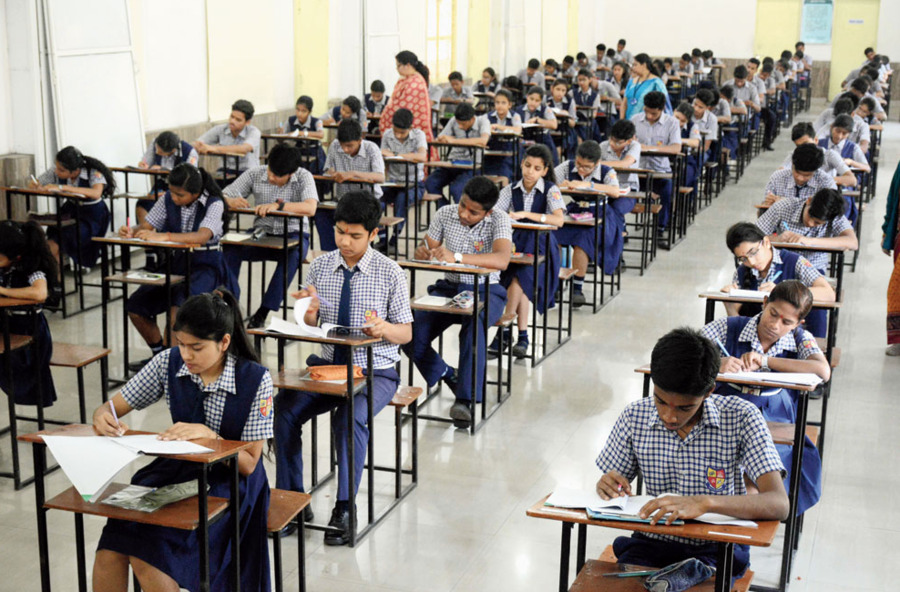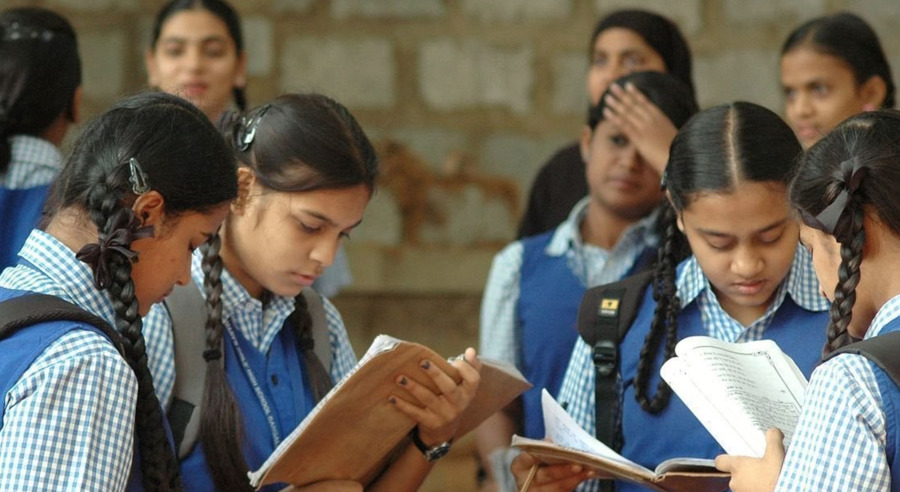India’s educational landscape is marked by its diversity and depth, particularly evident in the presence of various educational boards that cater to a wide range of academic needs and aspirations. Among these, the Central Board of Secondary Education (CBSE) and the Indian Certificate of Secondary Education (ICSE) stand out as two of the most significant and globally recognized systems. These boards not only shape the educational foundation of millions within India but also extend their reach to the Indian diaspora worldwide, making them integral to global education. This detailed exploration aims to dissect the structures, benefits, and distinct characteristics of the CBSE schools and ICSE education systems.
Page Content
The CBSE Education System
Historical Context and Framework
Established in 1962, the CBSE was initiated as part of the government’s effort to standardize a curriculum that could cater to mobile government employees’ children during the early decades of post-independence India. Today, it has grown to include hundreds of schools globally, offering a curriculum formulated around providing holistic education geared towards preparing students for competitive higher education and professional domains.
Curriculum and Evaluation
CBSE’s curriculum is renowned for its structured approach, focusing primarily on core subjects such as Mathematics, Science, and Commerce. This focus is driven by the board’s objective to prepare students for entrance examinations to prestigious Indian engineering and medical schools. The curriculum fosters a learning environment that emphasizes understanding, application of knowledge, and skill-building. The grading system under CBSE adopts a 10-point scale, which assesses students through a combination of formative and summative assessments, promoting a continuous learning and evaluation process.

Benefits
Valuable Learning Skills
The emphasis on core competencies equips students with critical thinking and problem-solving skills.
Enhanced Information Literacy
CBSE integrates ICT (Information and Communication Technology) across subjects, enhancing digital literacy and research skills.
Improved Interpersonal Skills
Through group projects and interactive sessions, students develop effective communication and collaborative skills.
Holistic Development
The board encourages participation in sports, arts, and other extracurricular activities, facilitating well-rounded personality development.
The ICSE Education System
Origins and Development
The ICSE board was established by the University of Cambridge Local Examinations Syndicate and is now governed by the Council for the Indian School Certificate Examinations. It is particularly noted for its rigorous and balanced curriculum, which provides an extensive foundation in arts, sciences, and languages, promoting a broad-based educational experience.
Curriculum and Evaluation
The ICSE curriculum offers a detailed and broad educational program that includes a compulsory component of English, which is considered at a higher level than many other boards. The assessment method focuses not just on written exams but also on practical knowledge and internal assessments, covering a wide array of subjects that encourage comprehensive understanding and application of knowledge.
Advantages
Balanced, Comprehensive Curriculum
Designed to nurture a well-rounded personality with a strong emphasis on language proficiency and analytical skills.
Practical Application of Research
Strong focus on laboratory work and experiments to bridge theoretical knowledge with practical application.
Graded Subjects
Flexibility in subject selection allows students to explore and excel in their areas of interest, including extracurricular pursuits.
Internationally Recognized Qualification
Widely acknowledged by educational institutions worldwide, facilitating easier transitions for students seeking higher education abroad.
Comparative Analysis: CBSE vs. ICSE
The main difference between the CBSE and ICSE is their focus and depth of curriculum. CBSE is more focused on preparing students for specific entrance exams and careers in fields like engineering and medicine, making it somewhat narrower in scope but deeper in specific areas. On the other hand, ICSE offers a broader spectrum of subjects, with a balanced focus on arts and sciences, fostering a more comprehensive educational approach.

Implementation in Global Schools
City School Ajman is a prime example of an institution that adopts the CBSE curriculum to provide quality, comprehensive, and internationally aligned education in the UAE. Catering to a diverse student body, the school is equipped with modern facilities and offers a curriculum that promotes holistic education. With tuition fees structured to ensure accessibility, such as AED 8000 for Grade 1, the school represents an ideal choice for families seeking quality education with an international perspective.
Conclusion
Both the CBSE and ICSE boards offer robust educational frameworks that prepare students for successful academic and professional futures. While each has its specific strengths and focus areas, they share a common goal of developing informed, skilled, and versatile individuals capable of navigating the complexities of a global environment. For parents and students in the international context, understanding these differences is crucial in making informed educational choices, such as those offered by leading institutions like City School Ajman.
Baseball fan, traveler, hiphop head, reclaimed wood collector and collaborator. Operating at the crossroads of beauty and mathematics to craft experiences that go beyond design. Check me out on Dribbble or Medium.

No Responses